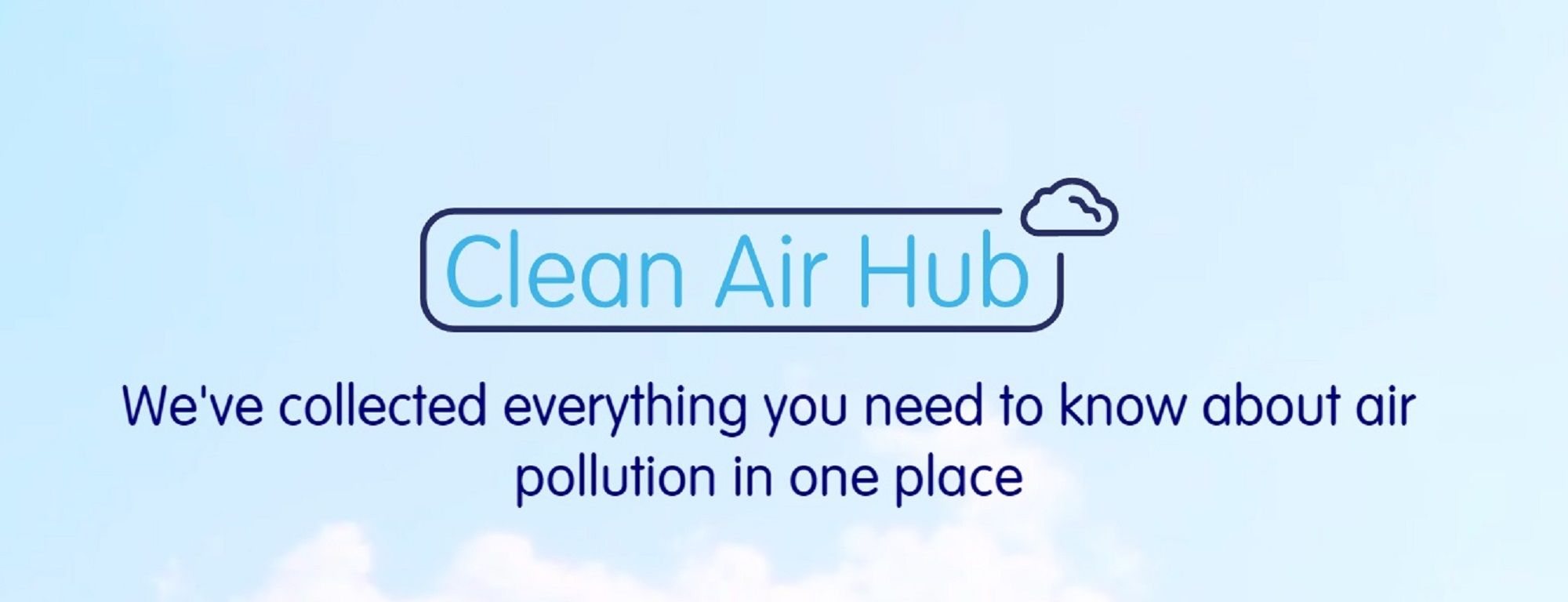ACACIA (Achieving Control of Asthma in Children in Africa) and CAPPA (Children’s Air Pollution Profiles in Africa)
Funder: NIHR (National Institute for Health Research) Global, project code 17/63/38

The ACACIA study is run by a group of researchers based across Africa and the UK who are working together to understand and improve the health of young people with asthma in Africa. Numbers of young people with asthma have been rising dramatically in many African countries over the last two decades, especially in urban areas. So far there has been little research about this phenomenon and about the difficulties these children may be facing in managing their condition. ACACIA will allow us to understand more about children with asthma in Africa, and to develop interventions which can overcome barriers that are currently preventing good asthma management in African children.
We are working with urban schools in Ghana, Malawi, Nigeria, South Africa, Uganda and Zimbabwe, where teams from local universities are collecting data from 3000 children on respiratory symptoms, symptom severity, medication, healthcare, and environmental exposure, as well as conduct Spirometry and FeNO examinations.
CAPPA is an extension to ACACIA, which aims to describe the burden of personal air pollution exposure in urban children with asthma symptoms in sub-Saharan Africa, its geographic, and temporal variability, the role of transport, indoor and outdoor microenvironments and activity profiles, and the effect of socioeconomic variables. We will also explore connections between air pollution exposure and lung health in these children.
Personal air pollution monitoring will be carried out by a subset of ACACIA school children in urban settings using backpacks equipped with monitoring devices, developed and provided by Dyson Ltd. Each of the six existing centres, plus a new centre in Tanzania, will monitor personal exposure profiles of altogether 420 children between 12 and 15 years of age for 5 school days. Lung function testing will be conducted using Spirometry; additional information about children’s environmental exposure, and symptoms will be collected in a survey.
Researchers will then analyse personal air pollution data for exposure patterns, and to compare air pollution as well as activity profiles of children in relation to their socioeconomic and geographical backgrounds both within and between countries. Results will be contrasted with similar measured data from school-age children in London arising from the Breathe London: Wearables study. We will then explore potentially detrimental effects of air pollution, and feasibility of mitigation strategies in children with asthma symptoms identified by the ACACIA study.
ACACIA and CAPPA are led by Professor Jonathan Grigg, QMUL.
For further information visit the Achieving control of asthma in children in Africa site.
ERG PI: Dr Ben Barratt
Social media
Keep up to date by following us on our social channels
Twitter: ERGImperial | YouTube: Environmental Research Group


